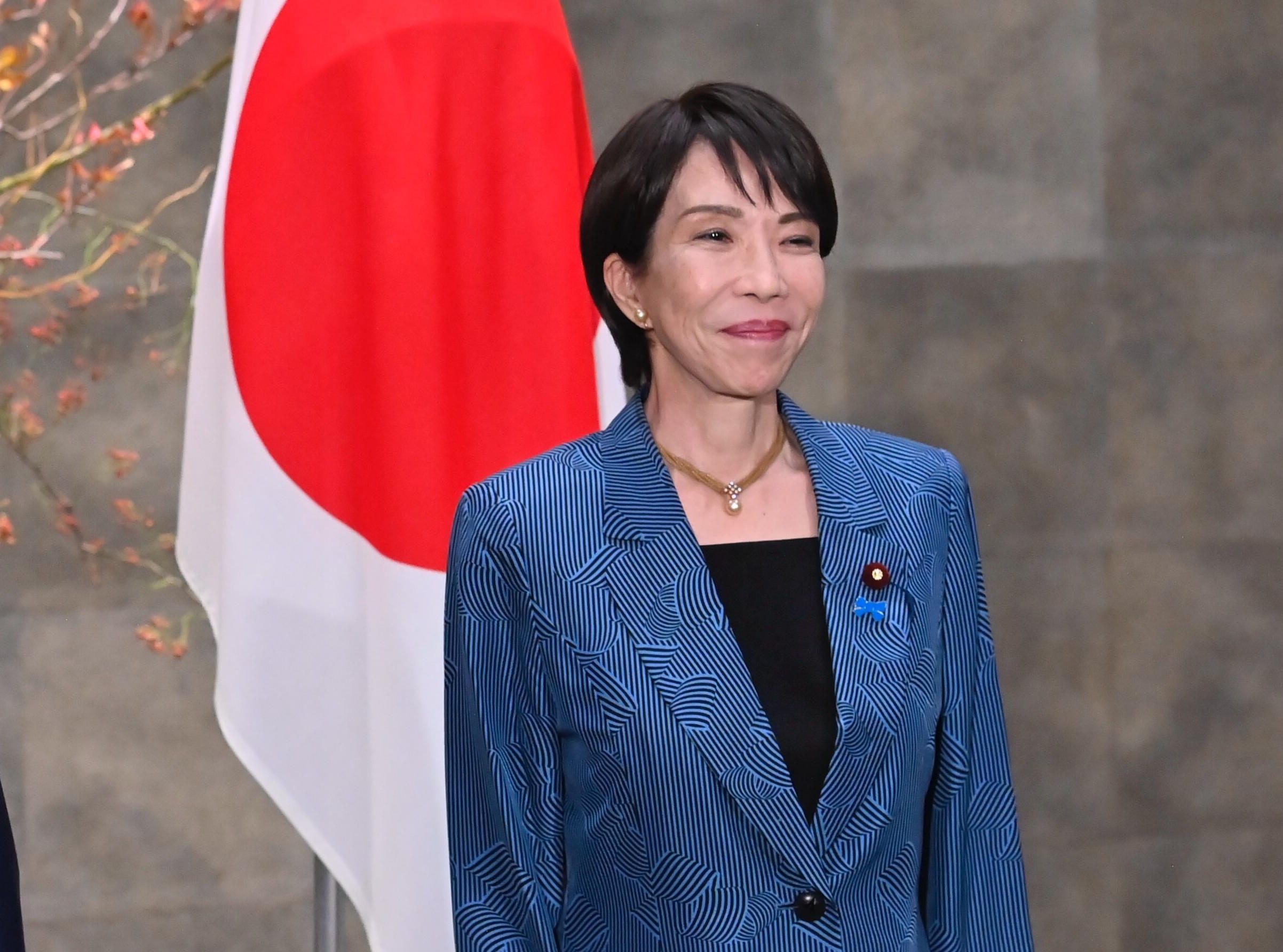It took the new Japanese prime minister, Sanae Takaichi,, less than a month in office to revive an old diplomatic crisis with China. Tensions escalated last week when the conservative politician, long seen in Beijing as an "anti-China hawk", touched on one of the most politically sensitive topics for Xi Jinping's regime: what Japan would do in a hypothetical Chinese attack on Taiwan, the autonomous island that operates as an independent country de facto, but which Beijing claims as part of its territory and is only officially recognized by a dozen countries.
Takaichi, in a speech in Parliament, stated that a Chinese attack on Taipei could trigger a military response from Tokyo. The leader left the door open to an intervention by Japan's self-defense forces, something that even President Donald Trump has not done in the United States, despite being Taiwan's main international supporter and arms supplier.
Takaichi's words did not sit well with the neighboring country. This week, Chinese Foreign Ministry spokespersons and state media launched a harsh campaign against Takaichi. But the most incendiary threat came from the Chinese consul in the Japanese city of Osaka, Xue Jian, who shared an article with the prime minister's statement on Taiwan and commented on social media that "the meddler's head should be cut off".
The comment by Xue Jian, later deleted, led Tokyo to demand disciplinary measures against the consul on Thursday. However, from the Chinese capital, instead of reprimanding their official, they continued their attacks against Takaichi. "If Japan dares to use military force to intervene in the Taiwan Strait, it would be an act of aggression and China would respond forcefully," declared Lin Jian, spokesperson for the Ministry of Foreign Affairs.
When Takaichi mentioned the possibility of her country intervening in a Taiwan conflict, she argued that a Chinese attack could be considered an "existential crisis" and a "survival-threatening situation" for Japan, which would allow Tokyo to deploy its forces under the country's 2015 security law. "Japan must correct and retract those hostile statements. Otherwise, it will have to bear all the consequences," Lin threatened.
"In its militaristic history, Japan repeatedly launched aggressions abroad under the pretext of so-called existential crises, including instigating the aggression war against China under the pretext of exercising the right to self-defense. Now that Prime Minister Takaichi has raised the so-called existential crisis scenario again, what is her intention? Is she trying to repeat the militaristic path of the past?," the Chinese spokesperson concluded.
China summoned the Japanese ambassador in Beijing to convey that Takaichi's comments were "seriously erroneous and extremely dangerous," and had "seriously damaged Sino-Japanese relations." This Friday, the People's Daily, the official newspaper of the ruling Communist Party (CPC), began publishing several articles accusing Takaichi of trying to "revive wartime militarism".
In the Asian giant, they recall that the Japanese leader, before being elected prime minister, presented China as a strategic threat and denied some dark episodes in her country's history, such as the Nanjing Massacre, when the Japanese imperial army bombed this Chinese city before invading it. Beijing has always been greatly bothered by Takaichi's regular visits to the Yasukuni Shrine, a symbol of Japan's militarism and imperial expansion, where several war criminals are commemorated.
It is also often remembered the close relationship Takaichi has had with Taiwan, especially when in April she led a Japanese delegation that met with Taiwanese leader, Lai Ching-te, to discuss increased defense cooperation. Japan is not among the countries that officially support the sovereignty of the island.
"Do not play with fire on the Taiwan issue; those who play with fire will get burned," Foreign Ministry spokespersons continued to warn. "Does Japan intend to repeat the mistakes of history?," the People's Daily editorial asked again.
The new crisis between the two Asian countries erupted just two weeks after their leaders met face to face for the first time during the Asia-Pacific Economic Cooperation (APEC) Forum held in South Korea. At that meeting, Takaichi significantly softened her usual tough stance towards China by expressing her willingness to "deepen her personal relationship" with Xi Jinping. There were conciliatory words from both sides. It doesn't seem like these will be repeated anytime soon.
